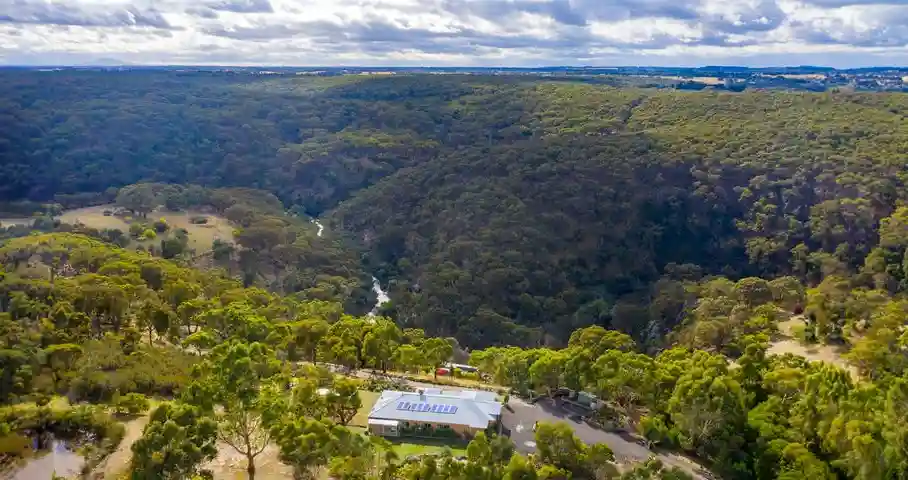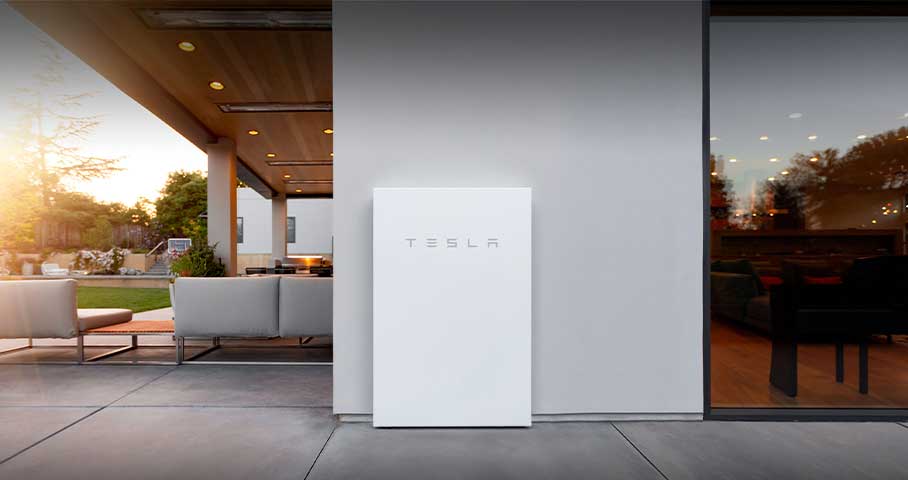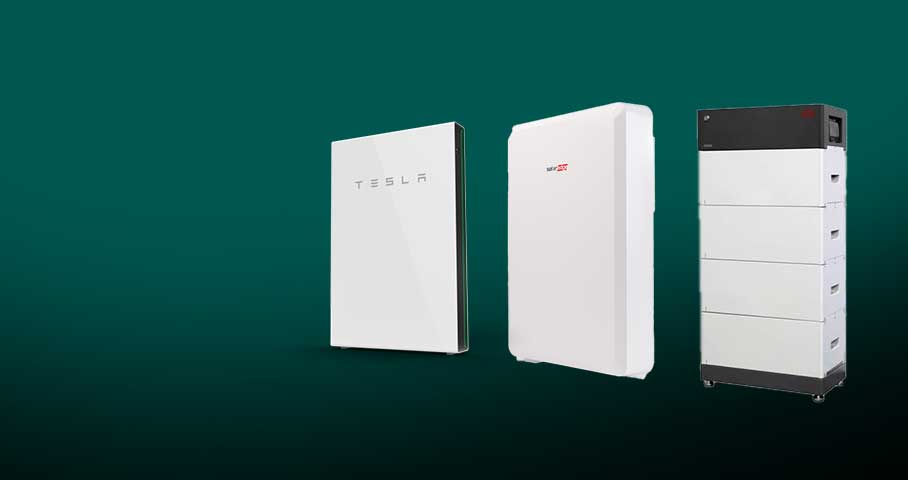The solar benefits of a sunburnt country

Extreme heat seems set to have become the new norm for us Aussies.
The recent heatwaves broke weather records, especially here in Penrith where we saw the mercury climb as high as 46.9.
Luckily for us, though, we managed to avoid the blackouts that hit other areas. But it could so easily have been us who were left without the comfort of air conditioning, fans or even cold water from the fridge. And when you consider that we’re usually the ones with the highest number on the nightly weather map (as well as our friends over in Richmond), it’s scary.
What’s really frightening is that our hottest summer on record is unlikely to be a one-off. This means that all of us – from entire families through to the elderly – will no longer be able to classify things like air conditioning as a ‘luxury’. It’s becoming an essential, but one that will continue to cost us an arm and a leg.
Or will it?
Turn on the sun to beat the heat
The extreme heat of our wide brown land may be a problem, but also brings its own relief. As individuals, we can harness the forces of nature for our benefit thanks to modern technology.
How? Solar power.
We all know how huge power stations are. Even the average sub-station in suburban Kingswood is about the same size as neighbouring homes. But it’s 2017, and thanks to photovoltaic panels (best known as solar panels to we normal folk) and solar storage batteries, every house can be its own power station.
Solar power has come a long way since the very first (and very expensive!) solar hot water heaters started to emerge on Australian roofs more than 60 years ago.
Panels that could be hooked up to power everything in the house, from the TV and lights though to the fridge and microwave, hit the market late last century. But, of course, what was generated on the roof wasn’t what fired up the average household appliance.
Instead, it was fed back into the power grid. This same power then came back into the property in the normal way.
Fast-forward to today, and solar panels are not only an affordable option but they also provide significant advantages. Not only is the power you generate from your roof used to power your home, but the excess can also be sold back to the electricity company.
And thanks to the ability to store that same power in the new breed of solar batteries on the market, we can use our own power as needed.
No more reliance on the grid, no more expensive bills. It’s a game changer.
The incredible benefits of solar
Prices are decreasing as us Aussies embrace the tech
Australians lead the world as early adopters of new technology. (Smartphone anyone?) In fact, The Climate Council predicts that half of all households in Australia are predicted to adopt a solar system, with battery storage, over the next ten years.
We’re already far ahead of the rest of the world, with 27.4 million solar panels (and counting) having been installed as at January this year.
And as more and more people put solar panels on the roof, the more the price falls. The same goes for the relatively new solar storage batteries, pioneered by Tesla. The more we buy, the less they’ll cost.
When being a “Westie” is wonderful
Australia isn’t called the sunburnt country for nothing. Our country averages more solar radiation per square kilometre than anywhere else in the world. In fact, it’s 10,000 times more energy than we use. Bad news for vampires. Very good news for the rest of us, especially in the warm west. So for us Penrith folk, we can really get a great return from our system.
Tell the power company where to go
Politely, of course! Seriously though, it’s a great feeling not to be beholden to a faceless entity that supplies something that’s a necessity, not a luxury, but ups the price whenever they feel like it and can’t even guarantee supply.
Solar panels and batteries give us financial independence from big companies and, after set-up costs, provide free power. And if we sell back to the grid, they can reduce our overall electricity costs even further!
Going… Going… Gone!
Home buyers are increasingly attracted to properties that are energy and water efficient. Some even make it a prerequisite when listing the features they are seeking when briefing real estate agents. So installing solar panels, especially if you go the whole hog and have storage batteries, gives your home a positive selling point. And of course, solar will undeniably add to its value.
Luxuries like air conditioning and home pools are becoming essential, but ones that will continue to cost us an arm and a leg.
Or will they?
Do your bit for the planet
Even if you don’t plan to move any time soon, installing a solar power system can reduce your carbon footprint. Unlike traditional electricity sources, solar energy is green, clean and renewable.
The panels don’t release greenhouse gases and don’t pollute the air. Yes, electricity is used the make them, but it’s minimal compared to the power you can save and pollution you prevent by having them. I know I’m a bit of a greenie at heart, but I really am committed to proactively improving the sustainability of our planet for our children and their children – one energy-efficient solution at a time.
H2GO
Water, another scarce resource on the world’s driest continent, is another resource we’re all incredibly conscious of conserving. With Warragamba Dam just up the road, its water levels (and safety) have been a big part of the Penrith community psyche for decades. Changing over to solar energy greatly reduces the water consumption used to produce other forms of energy, making sure it’s available for the things we really need it for, like drinking.
In an age when everyone is concerned about reducing pollution while also being conscious of spending, solar power plays an important part. Its production generates no waste and doesn’t even create noise.
In the end, solar is very much a part of Australia’s energy future. And as more and more people seek to free themselves of the rising costs and inevitable unreliability of grid dependence, our sundrenched Nepean shores will prove to be our greatest asset.
[/vc_column_text][/vc_column][/vc_row]








